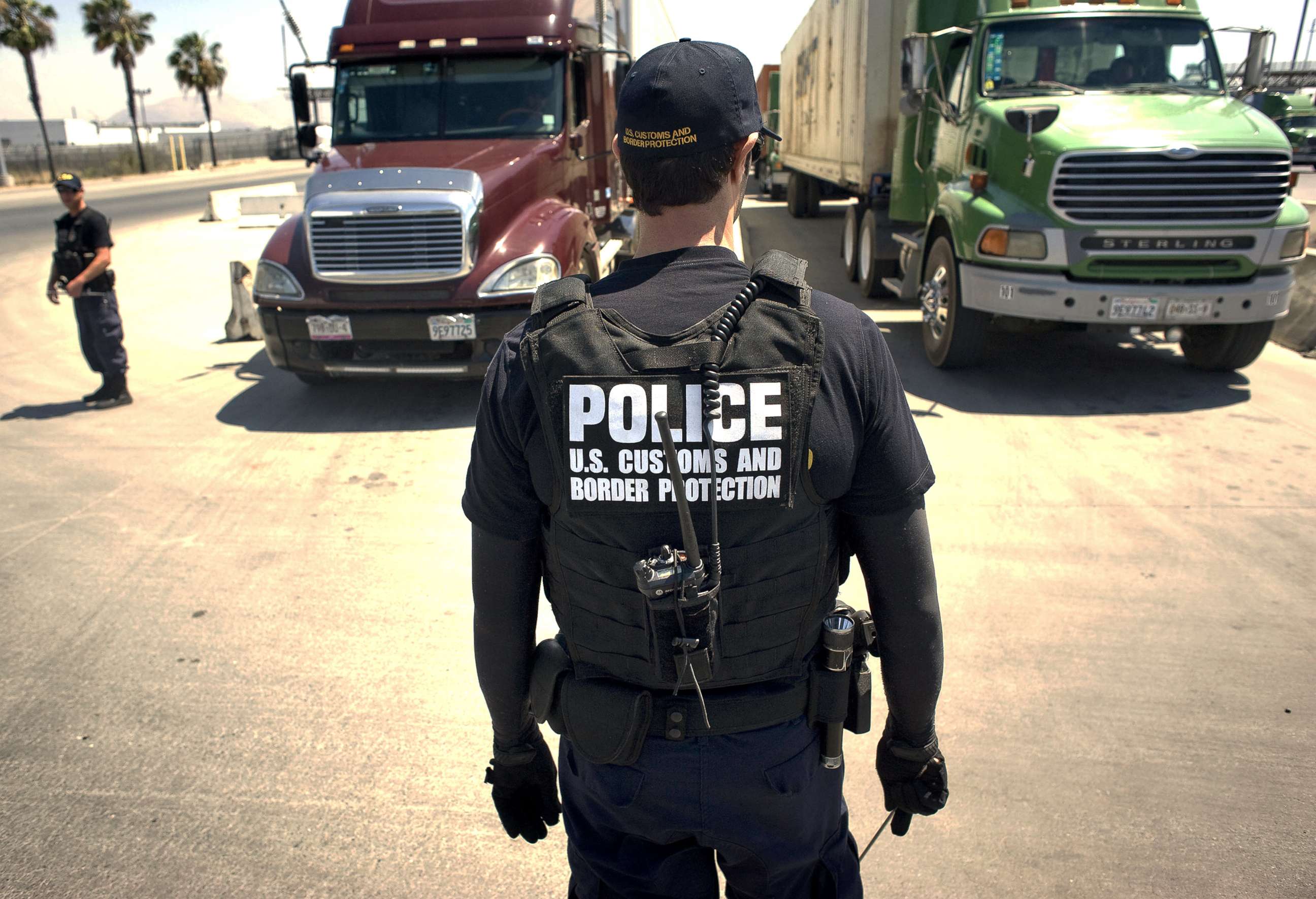Trump administration to start DNA tests for migrants at southern border
The tests are aimed stop adults from using kids to enter the U.S. more easily.
The Trump administration will start asking migrants crossing the southern border to take DNA tests as part of new efforts to crack down on fraud, Homeland Security officials said Wednesday.
The testing will begin with a pilot program as early as next week. The efforts are aimed at stopping adult migrants from fraudulently claiming to be parents, possibly to avoid long-term detention.
On a call with reporters, officials said testing will be voluntary and the samples will only be used to determine family relationships, not to prosecute.
"This is an unprecedented step forward in our investigative process and techniques," one DHS official said Wednesday.

From October 2018 to March of this year, authorities identified more than 1,000 cases of fraudulent families who were stopped at the southern border. In the month of April, 100 suspected families were investigated by Homeland Security officers who found evidence of fraud in 29 of those cases.
The announcement comes as DHS official also consider options for increasing family detention times. A 2015 court decision requires families with young children to be released after 20 days.
Earlier this week, Immigration and Customs Enforcement announced it would redirect investigators to the southern border in places that have been overwhelmed by the recent influx of migrant families.
"By fraudulently entering as a family unit or unaccompanied minor, illegal aliens can exploit loopholes in immigration laws to enter the U.S. and avoid detention," ICE said in a statement Monday.




